
Jeremy DePrez
Jeremy DePrez, a contemporary American artist, excels in translating his surroundings into captivating abstract artworks. Born and raised in Houston,
Willie Cole, a cutting-edge sculptor, printer, and visual artist, masterfully intertwines the mundane with the strikingly profound. Everyday objects, under his deft touch, undergo a metamorphosis that not only alters their identity but also shifts our perception. Discarded high-heels magically morph into faces or flowers, while repurposed plastic water bottles curiously assume the guise of chandeliers or even a classic 1959 Eldorado. Through these creations, Cole subtly critiques the rampant consumerism underpinning our oil-driven societies.
He once remarked, ‘I’m drawn to items that have intimately connected with humans. There’s a residual essence they retain, a fragment of the person they once served. My craft revolves around unveiling the spirit within these objects.’
Cole’s fascination with the iron as an artistic motif began serendipitously in the 1980s. Discovering a crushed iron on a street, he was struck by its uncanny resemblance to an African mask.
This revelation led him to sculpt using steam irons, even employing their heated imprints to craft pieces reminiscent of masks, tribal insignias, and protective shields. His 1997 woodcut ‘Stowage’ poignantly utilized an ironing board’s silhouette to depict the grim outline of a slave ship.
Echoing his distinctive style, Willie Cole describes himself as a ‘contemporary artist, perceptual engineer, ecological mechanic, transformer.’ Since the 1990s, he’s been reshaping our understanding of household items. His artistry, rooted in his African-American lineage, exudes a reverence for African traditions while simultaneously confronting the dark shadows of America’s slavery history. Whether it’s crafting masks from high heels or envisioning African wildlife from kitchen chairs, Cole’s work speaks volumes. He believes objects carry memories, stating, ‘Their experiences, especially of those marginalized or oppressed, echo within them.’
Source: →
















Jeremy DePrez, a contemporary American artist, excels in translating his surroundings into captivating abstract artworks. Born and raised in Houston,

German contemporary artist Annegret Kellner currently makes her home in Amsterdam. She bases her artistic practice on the subtle representation

Mia Dudek, a profoundly innovative artist from Sosnowiec, Poland, embarked on her artistic journey in Warsaw. Her pursuit of artistic
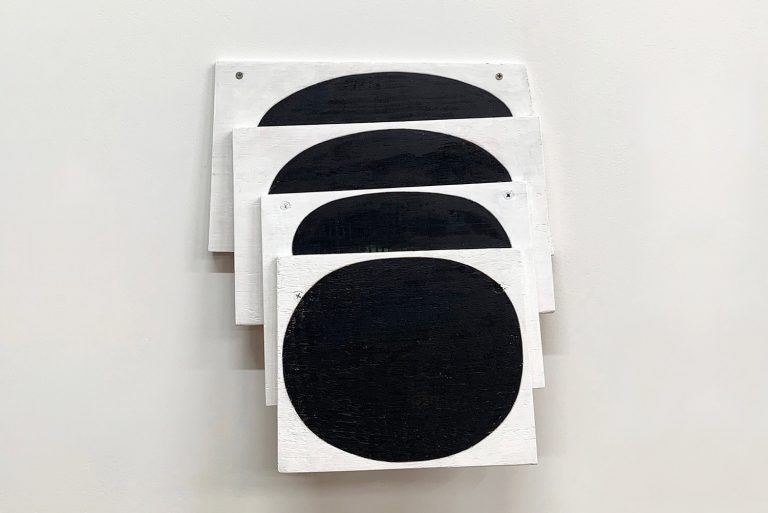
In today’s world, flooded with information yet starved of genuine substance, Christina Tenaglia emerges with her distinct minimalist artwork. Drawing
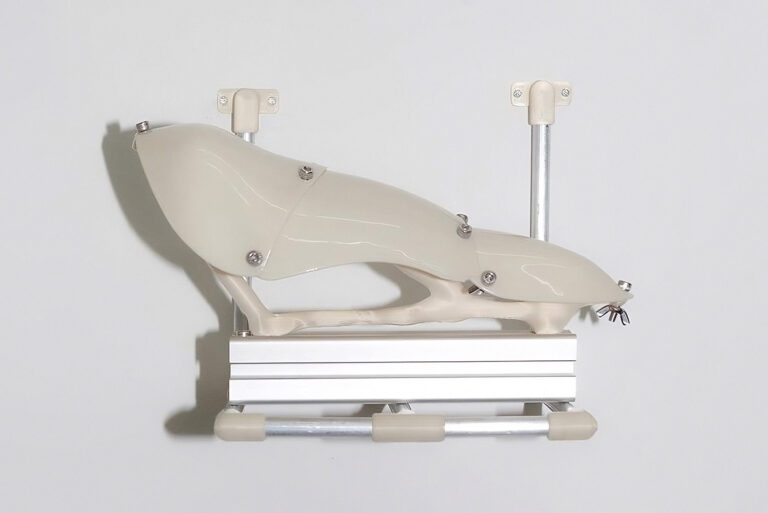
Contemporary artist Johannes Thiel stands at the vanguard of visual communication, where his sculptures, installations, and digital renderings bridge the
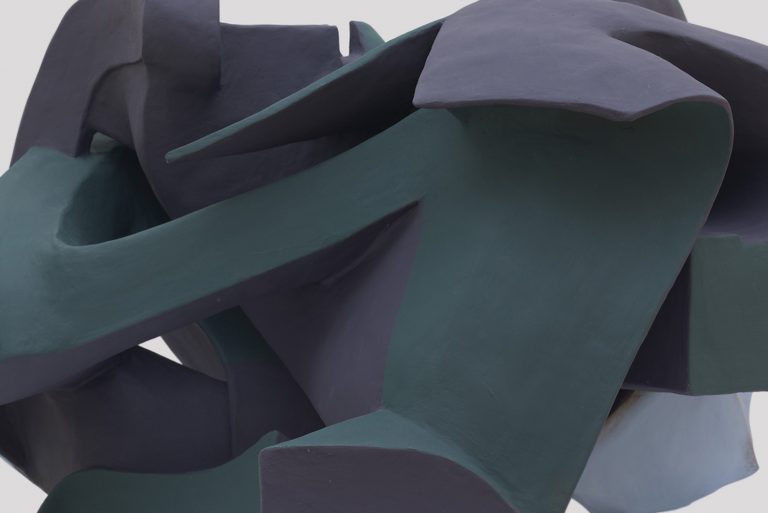
The artist Vincent Fecteau lives and works in San Francisco. He is best known for his modestly sized abstract sculptures.
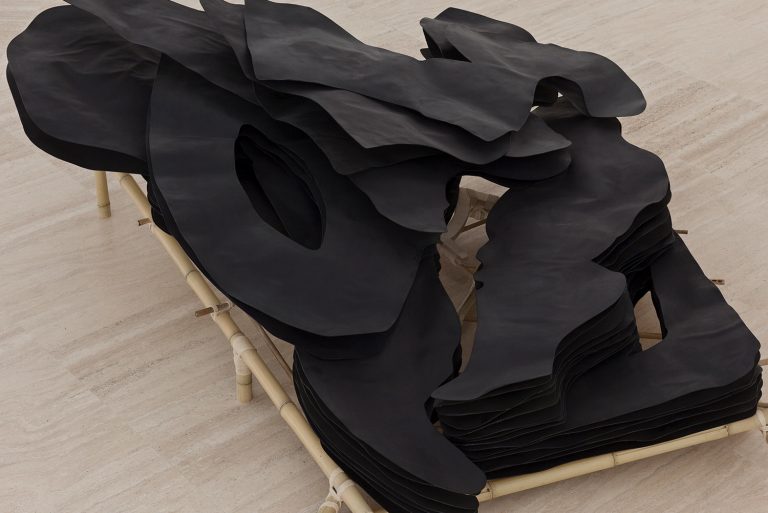
Giuseppe Gabellone, born in 1973 in Brindisi, Italy, has established his creative base in Paris. His artistry seamlessly weaves surrealism,
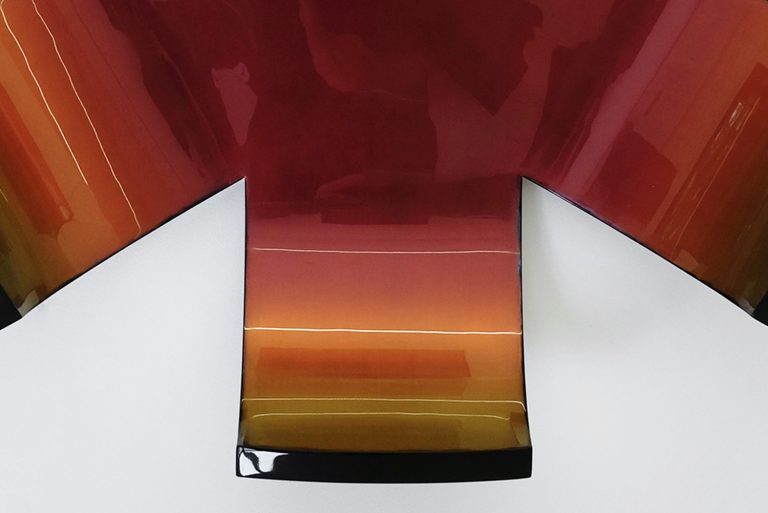
The English contemporary artist Oliver Johnson currently lives and works in Valencia, Spain. From painting to light installations, his works
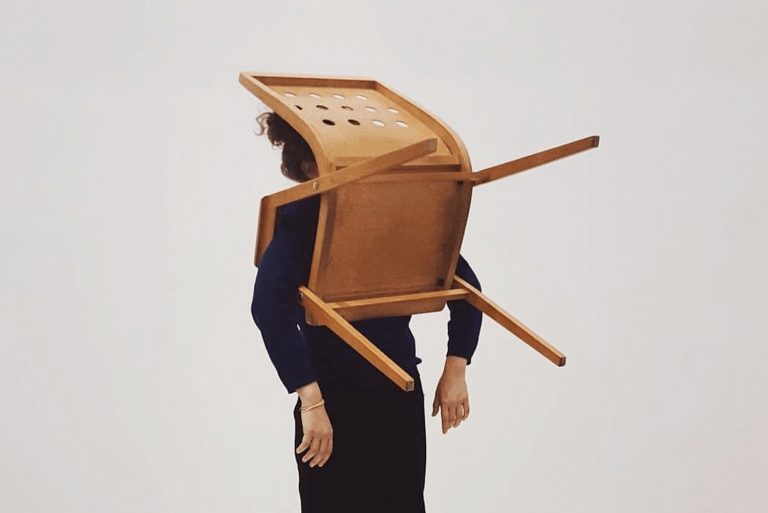
Erwin Wurm was born in Bruck an der Mur, in Austria and currently, he lives in Vienna and Limberg. He
Independent Art & Design Gallery 0→1 © 2024
Stay in the loop with 0→1. Join our email list for the latest news, artist highlights, and first dibs on our exclusive collections. Dive into the art world with us — curated, simplified, and personal.
(We respect your inbox. Our updates are curated for value, and you can unsubscribe anytime. No spam, just art.)
We use cookies to improve your browsing experience; details in our Privacy Policy →